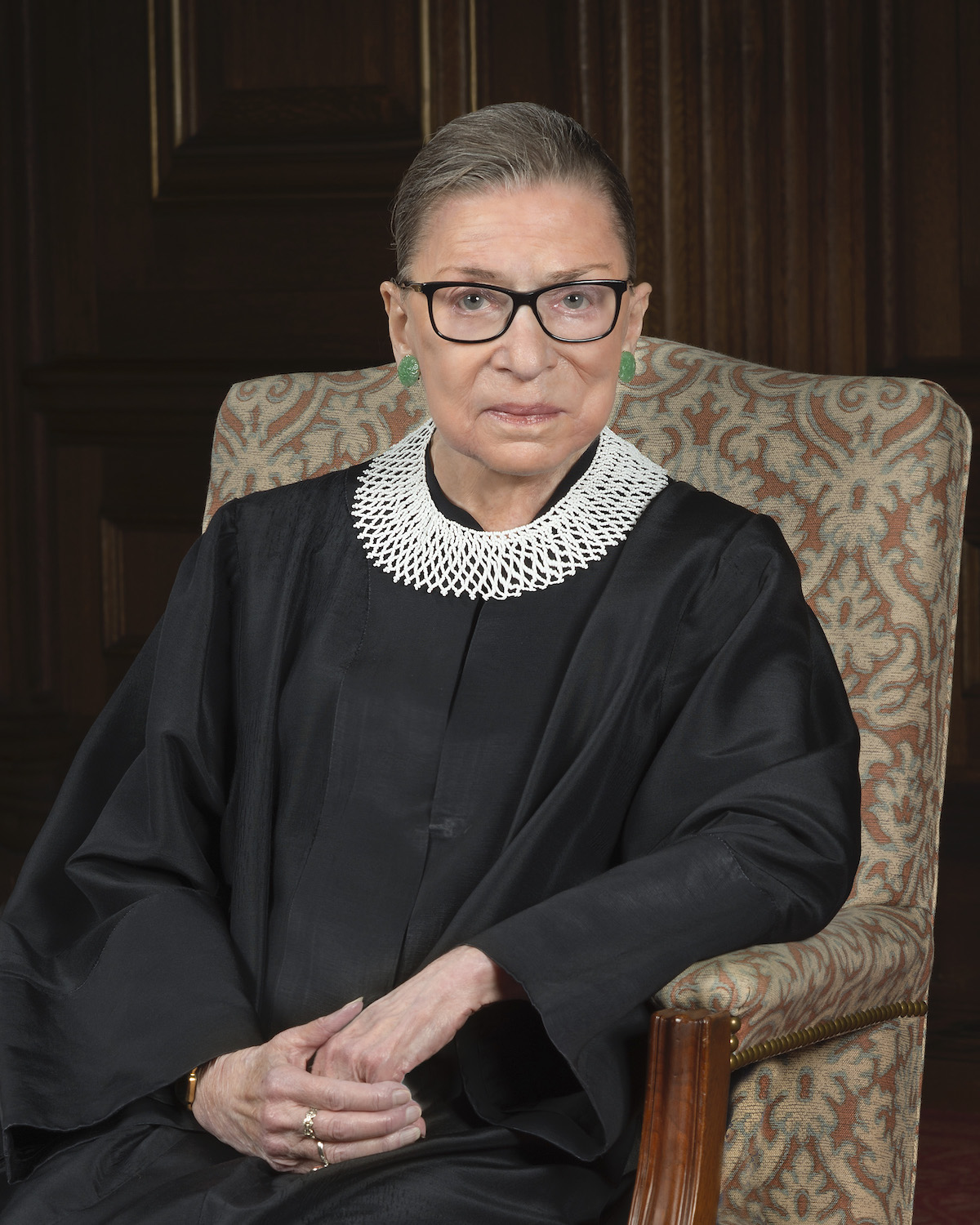Do you give yourself time to acknowledge loss? Do you allow tears to flow? Are you like so many Americans; keep a stiff upper lip and don’t let feelings get the best of you? Do you put a time limit on grief and tell yourself you need to get over it?
Every loss we experience personally is connected to the loss we experience communally; striking a resonant tone of grief, a tuning fork allowing us to grieve more fully what we put away because we “had to get on with life”.
If we don’t take time to grieve loss, the emotion will find its way out of your body in some other way; often less helpful ways. As a leader, your people look to you to see what cues you give for how they can process the challenges life presents. How you handle hard things provides a model for those you lead.
It’s not hyperbole to say that 2020 has been an awful year for so many reasons. Beyond the catastrophic loss of life to the global pandemic; beyond the devastation wreaked by fires, hurricanes and unprecedented unemployment; beyond the repeated violent loss of Black lives, the continued oppression of BIPOC individuals by people who look like me; beyond the divisive political climate we find ourselves in the United States; beyond the mental, emotional, physical and spiritual challenges social distancing causes, we now have lost another hero of human rights, Constitutional defender and advocate for human equality, Ruth Bader Ginsburg.
By Supreme Court of the United States – Supreme Court of the United States (Source 2), Public Domain, https://commons.wikimedia.org/w/index.php?curid=55329542
Justice Ginsburg was of my parents’ generation. Born during the Great Depression in 1933, her family, like many in that era, worked hard to make ends meet. Justice Ginsburg referenced her mother’s career opportunity compared to her own by saying “what’s the difference between a bookkeeper in the garment district in New York City and a Supreme Court justice? One generation.” RBG was a pioneer. Her legacy of equality within the US Constitution reminds me of the lyric sung by Angelica Schuyler in Hamilton: “When I meet Thomas Jefferson I’m going to compel him to include women in the sequel.”
The passing of Justice Ginsburg brings me sorrow. As I mentioned she was of my parents’ generation. My mother has been gone since 2007. Like RBG, my mother was a pioneer in her career field of education. She broke the glass ceiling as the first woman principal of Carson High School in Carson, CA. You might think that was ages ago; it was 1994. Women have been second class citizens, not allowed to have credit in their own name, still don’t get equal pay for equal work in all settings.
You must fight for the things you care about. But do it in a way that will lead others to join you. Justice Ruth Bader Ginsburg
We can do many things when our heroes die. I invite you to join me in taking these three action steps:
- Give time to feel the feelings that come with loss.
- Reflect on those feelings through physical activity (yoga, hiking, biking, walking, or one of your favorites)
- Commit to a personal way to honor the life of your hero. My commitment to honor my mother’s life has been in continued support of literacy and access to quality education in zip codes where money doesn’t readily flow. My commitment to honor the life of the Notorious RBG is to follow her leadership example and live out the words of the Jewish prophet Micah: What does the Lord require of you? Do justly, love mercy and walk humbly with your God.
How will you take action?









 Hi there! I'm Lisa. I am a native California girl married to my best friend, Colin; we currently live and work in the Silicon Valley. I am privileged to be mom to two fantastic grown sons and mom-in-law to a wonderful daughter.
Hi there! I'm Lisa. I am a native California girl married to my best friend, Colin; we currently live and work in the Silicon Valley. I am privileged to be mom to two fantastic grown sons and mom-in-law to a wonderful daughter.